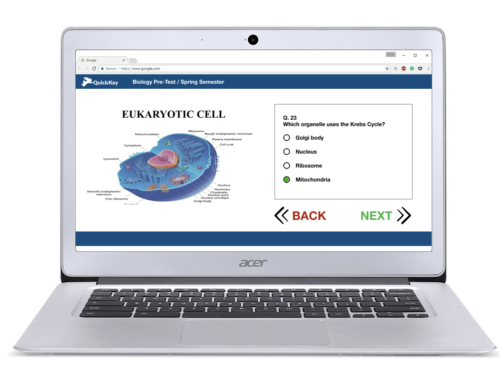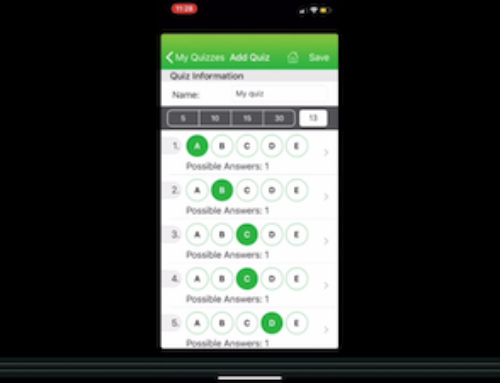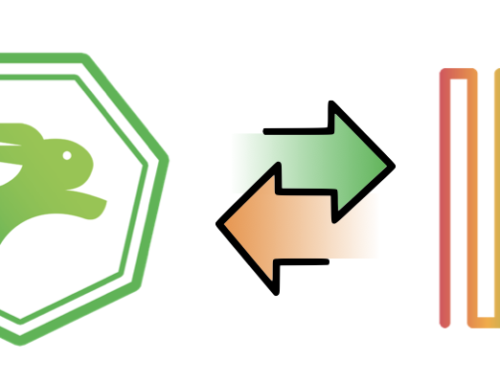MasteryConnect recently published a blog with some great ideas for using formative assessment in the classroom. As the blog suggests, assessing learning while its happening is an opportunity for teachers to gain a deeper understanding of student growth. Formative assessment can also play a key role in allowing teachers to assess the effectiveness of their teaching strategies and lessons. As MasteryConnect’s blog reminds us, the best part is that formative assessment doesn’t have to be difficult or time-consuming. In fact, although they might not know it, most teachers have probably been using formative assessments for years!
“Formative assessment is gaining an increasingly brighter (and very worthy) spotlight in the K-12 community. As more and more schools and districts make the move to a growth mindset and mastery learning, formative assessment may be the most powerful tool to help teachers identify strategies to improve their own practice, while providing students with the personalized attention they need to succeed academically.”
“Like the name implies, formative assessment helps guide learning and instruction by providing immediate student feedback while learning happens. Unlike summative tests, which typically occur at the end of a chapter or unit, formative assessments are usually ungraded or don’t carry heavily weighted points.Rather, formative assessment is a quick check for understanding to help teachers answer important questions about student growth: What do my students know? What do they still need to learn? How should I adapt my instruction?” Article continued…
Let us know how you are using formative assessment in your classroom by joining the conversation below.[:]




